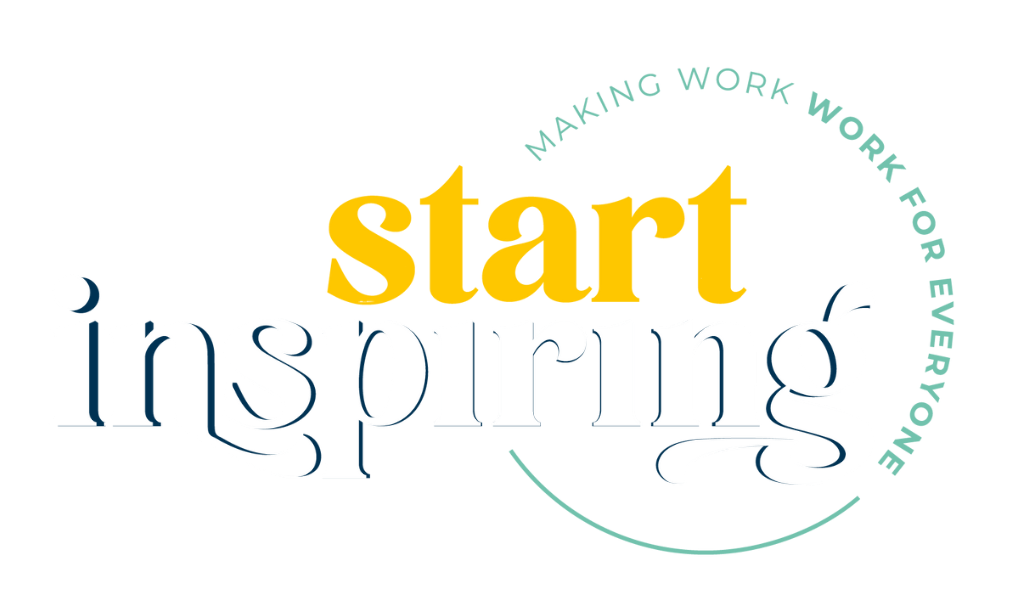How to feedback your way to a healthy working environment
Giving feedback is often cited by managers as being ‘uncomfortable’ and associated with conflict or discomfort…
No one ever wants to be viewed as being overly critical. But there is a difference between criticism and constructive criticism.
Regularity and consistency of feedback can move us from a place of defensiveness to expectation.
Getting the when and why agreed is simple, but why should you learn how to give feedback? Quite simply, it’s a gift; the gift of candour, which, given with positive intention can help a person flourish.
Radical Candour
“Radical Candour” is one of the most critical skills an organisation can acquire. It’s all about being helpfully honest; it’s not about being hurtful. There is never an excuse for disrespect - radical candour is about being direct and caring at the same time.
Radical Candour: is kind and helpful.
Obnoxious Aggression: is mean but may be helpful.
Obnoxious Aggression is also called “brutal honesty” or “front stabbing.”
Ruinous Empathy: is “nice” but ultimately unhelpful or even damaging. It’s seeing somebody with their fly down, but not wanting to embarrass them, saying nothing, with the result that 15 more people see them with their fly down — more embarrassing for them.
Manipulative Insincerity: is a stab in the back.
“The whole point of Radical Candour is that it really is possible to Care Personally and Challenge Directly at the same time.” – Kim Scott.
What does a world without feedback look like?
When we work in an environment where healthy feedback isn’t commonplace, we get the opposite of high performance.
We get politics, stunted innovation, wasted mental effort worrying about whether something we did or are about to do will get noticed, get panned, get talked about.
How does a lack of feedback impact employees?
Research shows us that we need to know how we are performing and how our work matters. In the absence of feedback, we make up our own stories.
These stories are built around how we think we are seen, how well we are doing, how safe we are. In the absence of feedback, this is all constructed without evidence or direction (and it is exhausting!)
Feedback is how we provide direction and remove the guesswork; sharing approval and offering recognition reduces the likelihood of burnout - everyone is on the same page!
What your office could be like
Want more trust, stronger performance and less politics?
Adopt a culture where honesty is delivered with care
Temporary discomfort is accepted for the long term benefits of clarity, direction and growth.
How can I make use of this going forward?
Just think about our healthiest relationships, those that enable both parties to grow. These are the ones where you can be totally and utterly honest, because both people know you are only doing it from a good place.
Bring it back to Kim Scott and give feedback with these in mind:
Personal care
Directly challenge
Use as an example to also praise
So, always give feedback with a good intent. Care deeply enough about people to challenge them personally.



